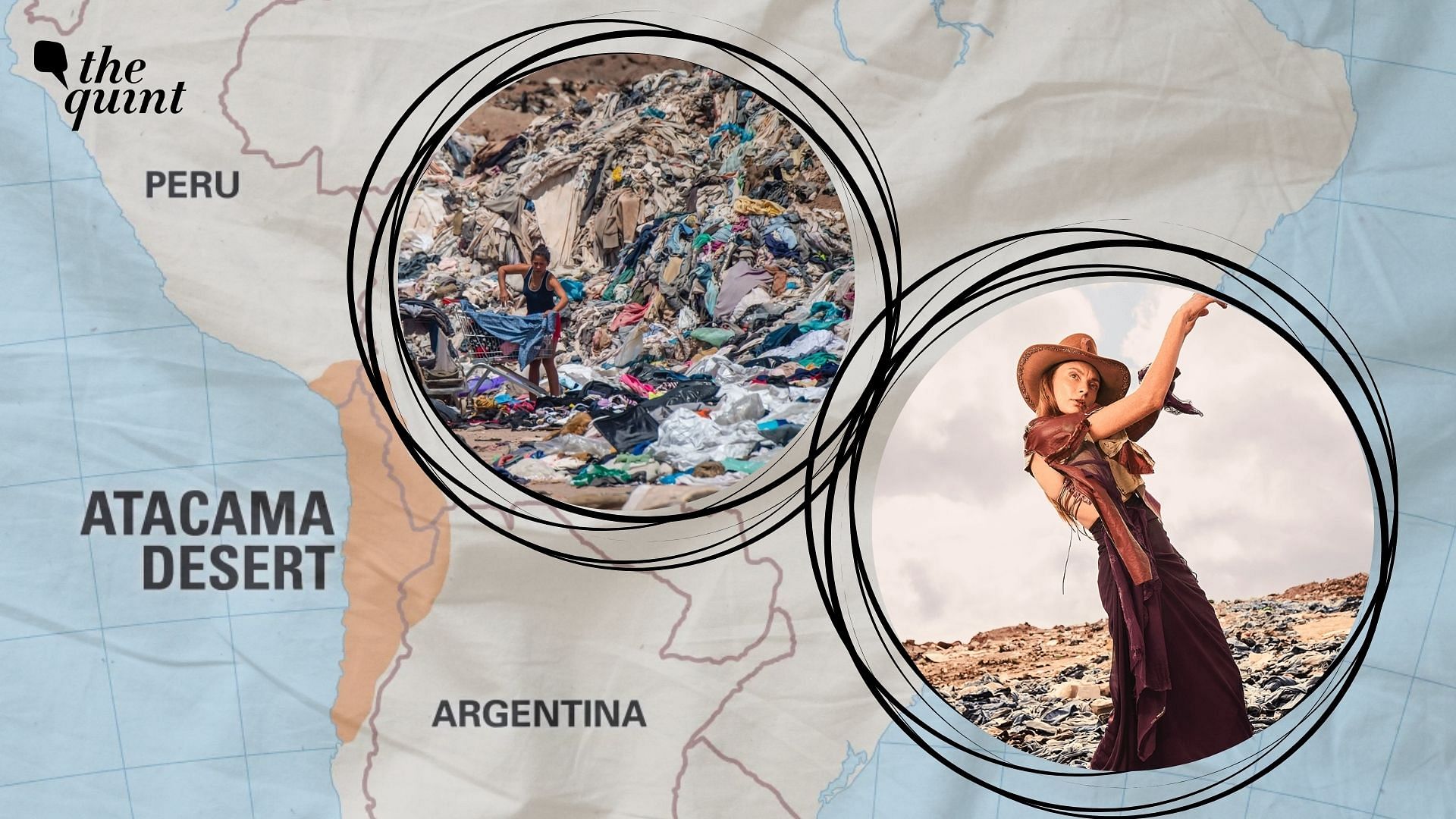Fashion
Explained: How Atacama Desert Became a Dumping Ground For Discarded Fast Fashion

Fast fashion industries and their unchecked production rates that are primarily to be blamed for what is happening in the desert.
Bertholini, during the AFW Talks, states:
In case of the unregulated dumping of clothes in Chile, most of the power lies in the hands of the Chilean government. In 2016, Chile passed a law, called Extended Liability of the Producer, or Ley REP for short.
The law makes producers and importers accountable for their products at the end of those products’ lives. According to the Ministry of the Environment, Chile, textiles will soon be included in the list.
However, in the case of clothes, the law is described as a “paper solution” as it lacks tangible enforcement, said Pino, from the Universidad Diego Portales to Grist.
The fashion show, in the end, actively attempts to throw light on several of the key issues being faced by both the inhabitants and the environment to bring about “systematic change” (Ángela Astudillo, The Guardian). Bertholini, rightly points out during the AFW Talks that fashion creates “desire” and “creativity” which unquestionably will raise awareness.
So, does it come as surprise that plans for a 2025 event is already underway?










